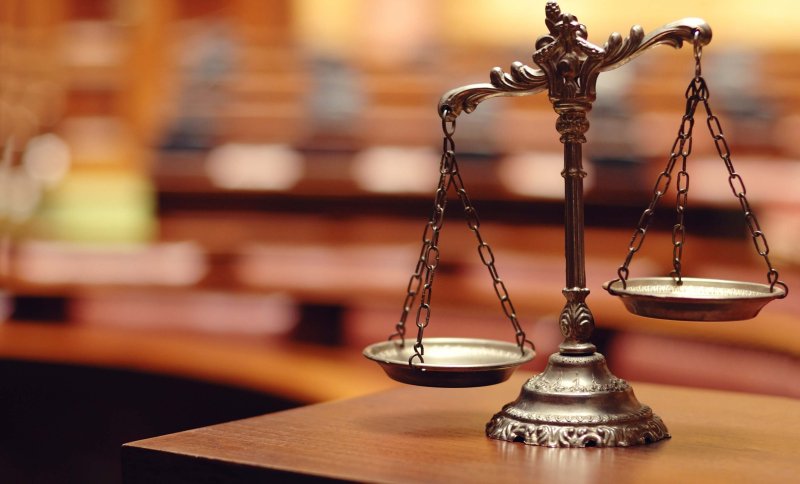Federal Judge William Shubb ruled that due to insufficient evidence, California cannot require glyphosate-based weedkiller Roundup to be labeled as “known to the state of California to cause cancer.”
Regulators and scientists worldwide have deemed glyphosate safe, with the exception of the International Agency for Research on Cancer (IARC), whose study was riddled with controversy.
Judge Shubb stated “Notwithstanding the IARC’s determination that glyphosate is a ‘probable carcinogen,’ the statement that glyphosate is ‘known to the state of California to cause cancer’ is misleading. Every regulator of which the court is aware, with the sole exception of the IARC, has found that glyphosate does not cause cancer or that there is insufficient evidence to show that it does.”
“Judge Shubb’s ruling this week is a huge win for our court system,” American Tort Reform Association President Tiger Joyce said. “Juries should be able to trust that the evidence they are presented with in court is trustworthy, sound science, and thanks to Judge Shubb, we are one step closer to a more fair system.”
California regulators and judges have routinely allowed prosecutors to present and juries to rely on the rogue IARC report as the basis for multi-million-dollar and even multi-billion-dollar judgments against companies like Bayer in cases claiming their Roundup product caused cancer.
The single IARC report stating glyphosate, the main ingredient in Roundup, is carcinogenic, is in stark contrast to more than 800 studies submitted to the U.S. Environmental Protection Agency.
“This is part of a growing trend we see where judges increasingly ignore their role as gatekeeper and allow juries to rely on ‘junk science’ claims as the basis of massive judgments,” Joyce said.
In Daubert v. Merrell Dow Pharmaceuticals (1993), the Supreme Court of the United States bestowed upon judges the responsibility of serving as “gatekeepers” to weed out unsubstantiated science and prevent it from being offered to jurors in their courtrooms. This then created the Daubert standard for expert witness testimony adopted by federal courts and a majority of states to ensure juries are empowered with the most complete and accurate evidence during trials.
“I am grateful to see Judge Shubb take a stand and push back on the rampant use of junk science in California’s courts,” Joyce said. “I encourage other judges across the country to look to Judge Shubb’s example to create a more balanced judicial system where equal justice is available under the law,” Joyce said.































